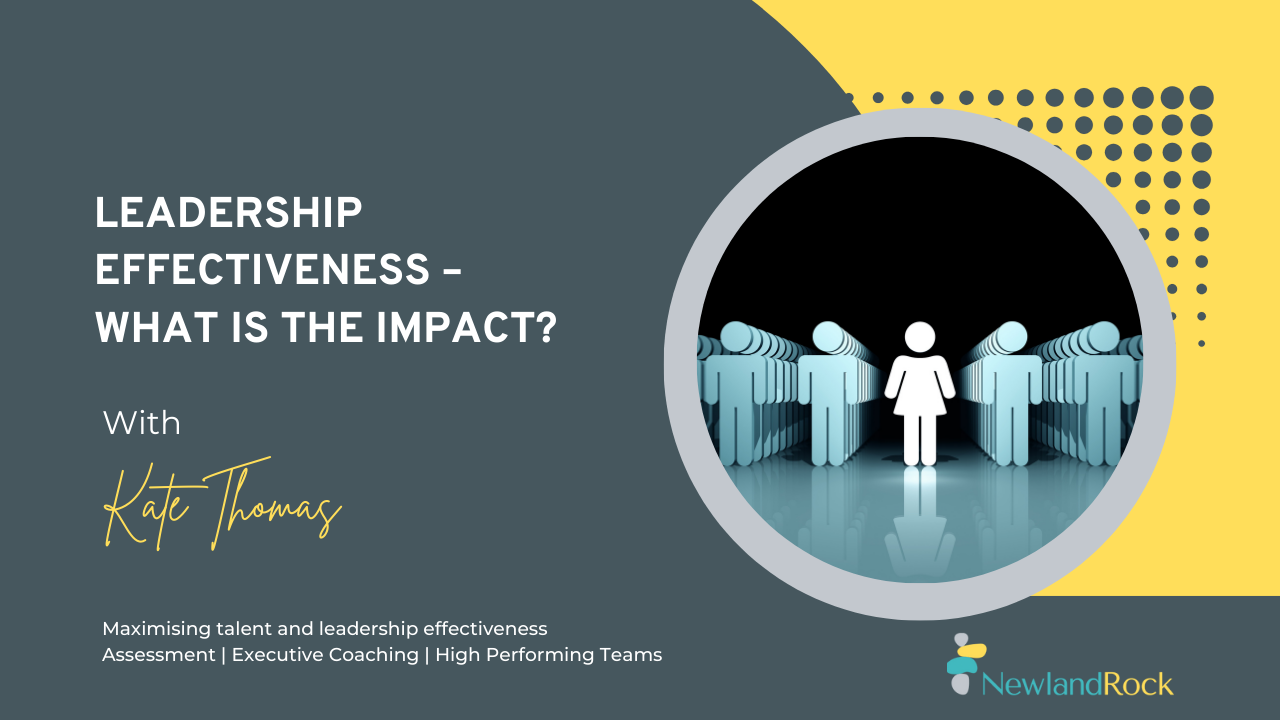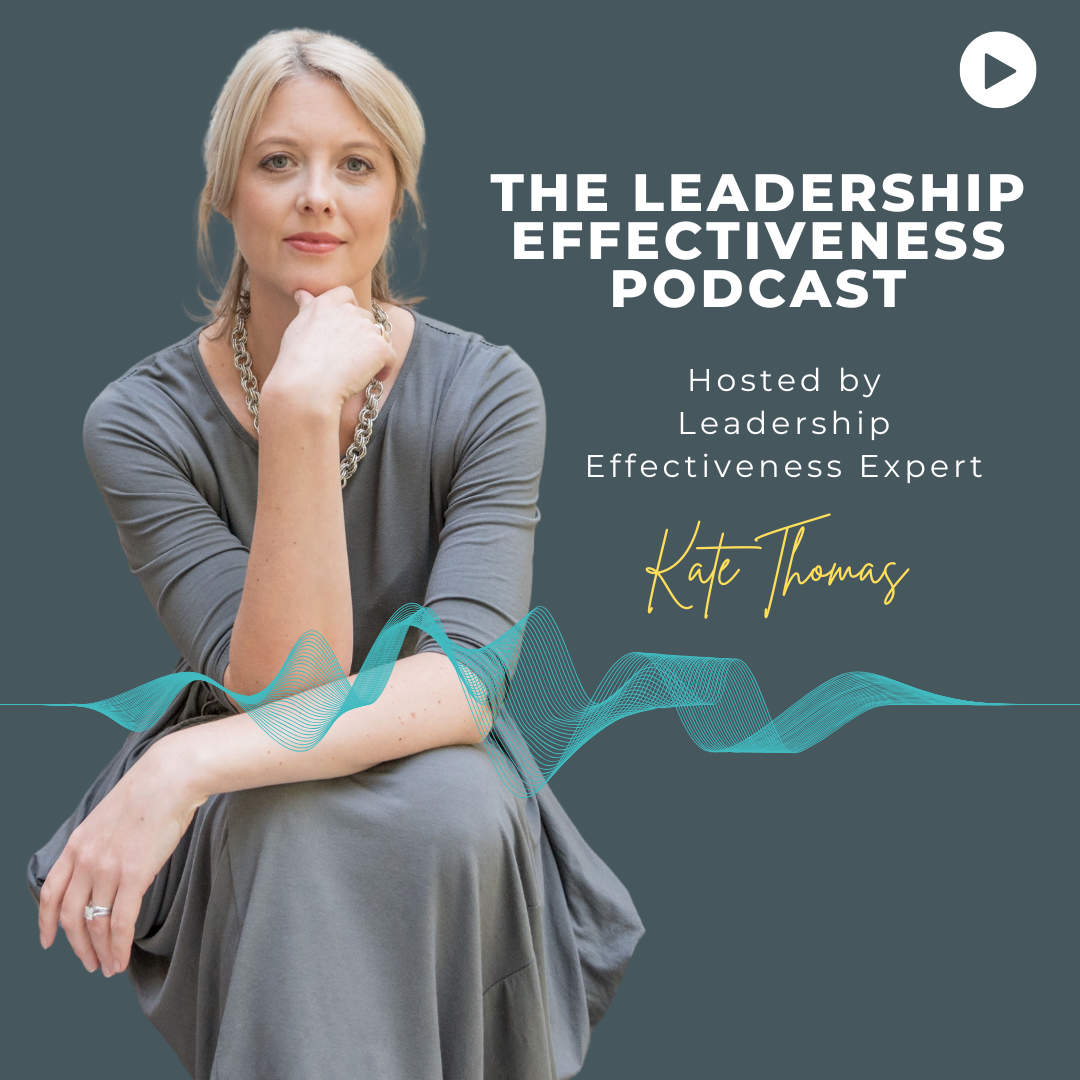Leadership effectiveness – What is the impact?
Mar 11, 2025
Leadership is a complex and multifaceted concept, and leadership effectiveness lies at its core.
But what exactly is leadership effectiveness, and why does it matter?
“We are all talented and even at a leadership level we don’t always know where our talents are best served. We fall into the deliverable trap and that’s a risk for any organisation. A commitment to ensuring your leadership team is regularly assessed, developed and coached for future success demonstrates a commitment to growth that is a highly attractive proposition for future talent”
Kate Thomas – NewlandRock
Defining Leadership Effectiveness
Leadership effectiveness can be understood as the ability of a leader to successfully influence, guide, and inspire individuals or groups toward achieving common goals. It goes beyond simply holding a position of authority; it’s about making a positive impact and driving results through effective leadership practices.
At its essence, leadership effectiveness can be broken down into several key components:
Achieving Objectives: Effective leaders consistently meet or exceed their objectives, whether these are financial targets, project milestones, or strategic goals. They have a track record of delivering results and driving the organisation forward.
Building and Nurturing Relationships: Leaders who are effective at building relationships can connect with their team members, peers, and superiors. They create an atmosphere of trust, collaboration, and open communication.
Inspiring and Motivating: Leadership effectiveness includes the ability to inspire and motivate individuals to work toward a common vision or purpose. Effective leaders tap into the intrinsic motivations of their team members, sparking enthusiasm and commitment.
Problem-Solving and Decision-Making: Effective leaders are skilled problem-solvers and decision-makers. They can analyse complex situations, weigh alternatives, and make well-informed decisions promptly. They bring duality to their leadership by selecting significant strategies where detailed understanding is needed whilst consistently looking ahead and across the breadth of the organisation.
Adaptability: In today’s rapidly changing world, leaders must be adaptable. Effective leaders can adjust their strategies and approaches as circumstances evolve, building a culture of agility and responsiveness.
Leadership is a dynamic and complex art that has the power to shape organisations, inspire teams, and drive change. Effective leadership is not just about having a title or a position of authority; it’s about making a meaningful impact and wielding influence that creates positive outcomes.


